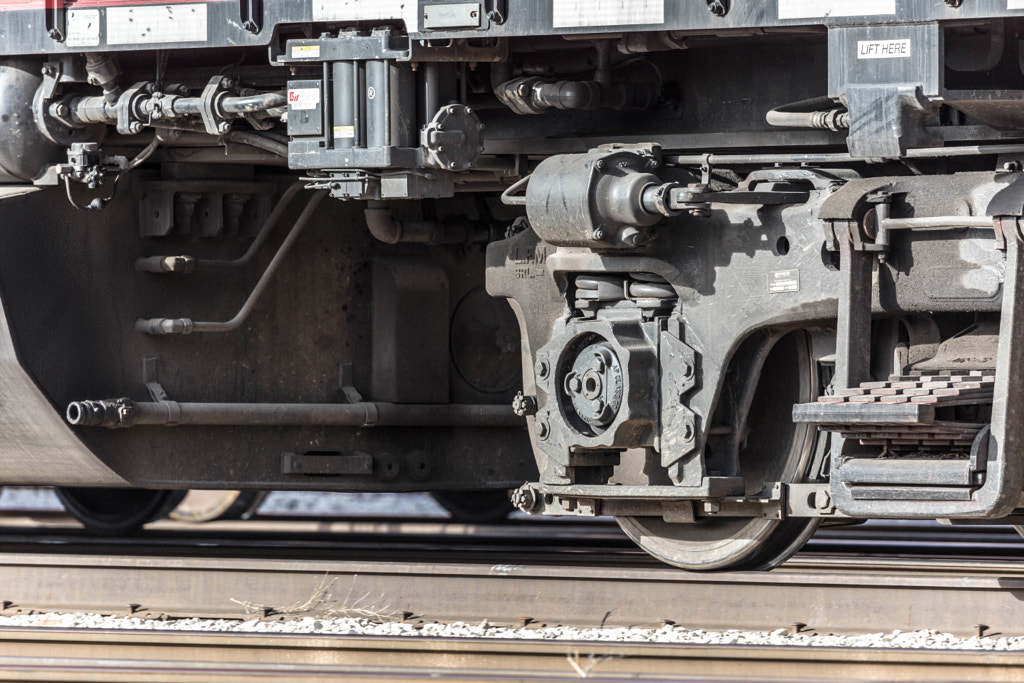Friday, January 12, 2018
The Truth About Equipment
This is going to be a bit of a rambling post today.
Before I start down the path towards equipment, let's make it clear -- what you use is at most 10% of the final result. The hard work in creating a good photograph is developing your eye. Learning about composition, and developing your abilities can be done with anything, even a piece of paper with a photograph sized hole in it. An expensive camera cannot save a bad composition.
That said, equipment does play a role in the quality of the final result. As you can see from my first cheap camera challenge the result from my garbage cell phone camera, even after post processing and tweaking the image, is not as good as the one from my good camera. (Its close, but it wasn't entirely successful.)
Here's a quick list of things to think about when you are trying to decide what type of camera you want to use. In the future we'll look at different types of cameras and accessories.
Audience
If you're taking pictures for yourself, or to share with your family and friends on Twit-face-snap-gram then you don't need anything fancy. A relatively cheap point-and-shoot or cell phone camera would work well. If you want to have a gallery art show, then you probably do need some better quality equipment.
Budget
The cost is going to be the primary concern for many people. I'd love one of Canon's $12,000 telephoto lenses, but I'd also like to eat sometime in the next few years. It's important to balance cost with features. Look for used or refurbished gear, and package deals to make your dollar go further.
Compatibility
Before you decide on a camera, look at the accessories that are available for it. Even if you aren't looking to buy any add-ons now, check to see what's available so that you are informed and get a platform that will work for you for a long time.
If it's a SLR, what lenses are available? Does the manufacturer use the same mount they used 10 years ago, or do they change it every couple of years? (Advice: If they change every couple of years, don't buy it. You'll end up having to replace the camera body and all of your lenses if there's ever a problem with your camera.)
Destination Size
If you want to use your pictures on a website, the size of the image is less of a concern. If you want to make prints, what size prints do you want to make? In general, more megapixels equals more cost. For more info about image/print size, see the article I wrote about DPI.
Environment
Where do you want to take pictures? Are taking pictures indoors at family events, or are you hiking out into the middle of a swamp during a rainstorm?
Reliability
Read reviews. Talk to people who own similar models. Talk to someone at your friendly neighborhood camera store. A $100 camera that needs to be replaced every year ends up costing the same as a $1000 camera that lasts 10 years.
---
All of that said, don't let a lack of equipment get in the way of making this your hobby. But also remember that a room full of equipment that you never use is a wasted investment.
About the picture: Canadian Pacific Railroad locomotive at the yard in Milwaukee, WI. Taken 11/20/2017. Modified from the original in Lightroom.
Subscribe to:
Post Comments (Atom)
Programmer vs Software Engineer: The Interview
A common question presented in interviews for developer positions goes something like this: Given an array of numbers, write a function th...
-
A common question presented in interviews for developer positions goes something like this: Given an array of numbers, write a function th...
-
Day 27: Below Metro North Waterbury Line train heading north through Seymour, CT.
-
Day 28: Bright A bit more experimental today. Edited to make it more ethereal and to soften the edges. And with that Phebruary is ov...



No comments:
Post a Comment
All comments are moderated. I have a life, so it may take some time to show up. I reserve the right to delete any comment for any reason or no reason at all. Be nice. Racist, homophobic, transphobic, misogynist, or rude comments will get you banned.